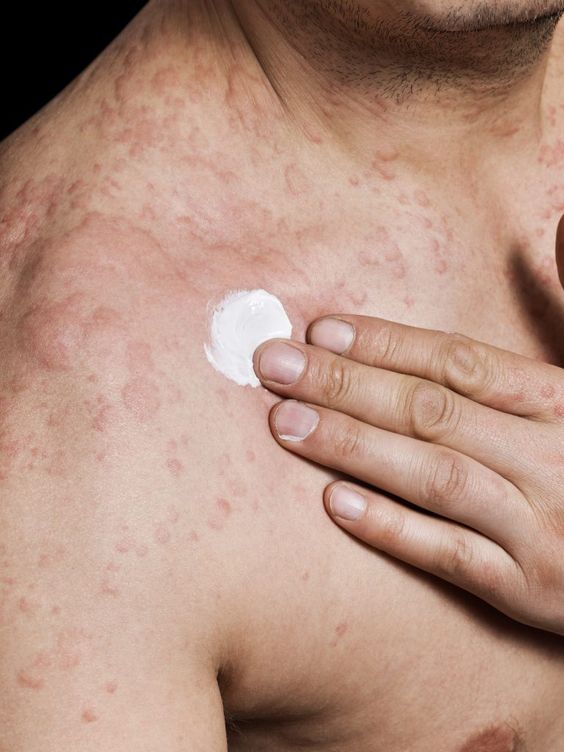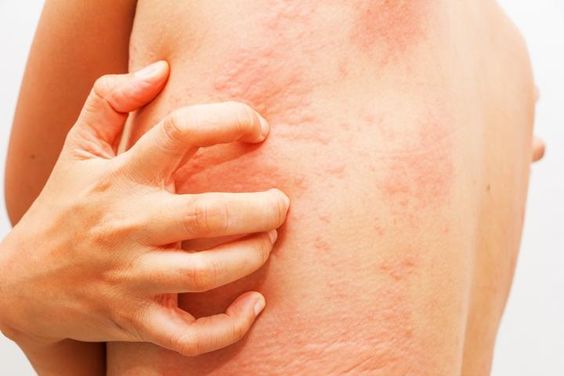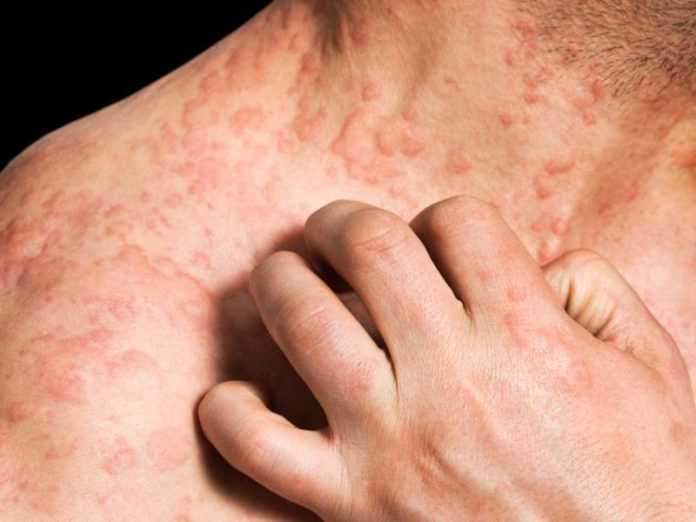ErlanggaBlog.com – If you’re constantly waking up itch-free at night, there are a few things you can try. For starters, apply a moisturizer before going to bed. Itching during the night can also be relieved with antihistamines like Benadryl. And get plenty of sleep – lack of sleep is linked to many health problems, and itchiness at night is often worse than a lack of sleep.
Anxiety, such as depression, can trigger this condition

There are many potential causes of skin itchiness at night, including underlying health conditions and skin diseases such as pregnancy, menopause, iron deficiency anemia, and food allergies. Anxiety, such as depression, can trigger this condition, and it may affect any part of the body. If you are prone to nighttime itching, a team of doctors will identify the underlying causes and help you manage them.
Your skin has an impaired moisture barrier at night, which makes pruritogens more active and easier to cause trouble. Psoriasis and eczema are two common causes of skin itchiness at night. However, you can reduce the amount of irritation by managing your circadian rhythm and controlling your symptoms. If you’ve tried everything else, you’ll be relieved. But if you’re still feeling irritated, try these natural remedies to relieve your skin itching at night.
Long-term itching can lead to a worse skin condition

Chronic pruritus is another common cause of skin itch at night, and it can lead to depression and anxiety. In some cases, long-term itching can lead to worse skin conditions, such as scarring and infection. Though skin conditions are the most common cause of itchiness, other causes are nerve disorders and psychiatric illnesses. You’ll have to see a dermatologist to determine which is the cause of your itchiness.
Certain health conditions can cause skin itching at night, and some of these conditions can affect older people more than others. Other factors, such as stress, anxiety, and depression, can contribute to nighttime itching. Another cause is scabies and bedbugs, which are commonly active at night and feed on humans. Regardless of the cause, you should avoid the scabies or bedbugs while in bed if you’re experiencing this problem.
Consult with a dermatologist or internist

Ultimately, if you’re constantly scratching at night, you should see a doctor. Sometimes, it’s hard to pin-point what’s causing the itching. Try changing fabrics and avoid triggers if possible. If none of these methods work, consult a dermatologist or an internal medicine doctor to find a solution for your skin itch. If you can’t identify what’s causing the itch, they can prescribe antihistamines, topical creams, and other remedies.
Oatmeal and baking soda are also helpful for soothing itchy skin. You can use these products after a bath to relieve the itchiness. Oatmeal products can also be used as a cleanser for itchy skin. If none of these methods work, you can try a cold compress to relieve your symptoms. To get the best results, make sure you have a medical professional examine your skin. Your dermatologist will determine whether there is a specific cause for your itchiness.
Using clean sheets will help reduce the itching at night

The cause of your skin itch at night is unclear. It may be a simple bacterial or fungal infection, or you may have a more serious problem. Bed sheets can also be a source of eczema and atopic dermatitis. It is also important to consider washing your bed sheets often. Using clean bedclothes will help to reduce itching during the night. You can also try moisturizing creams on the affected areas.
Some studies show that the skin barrier function improves when people sleep, which can be a contributing factor to your itch. Studies have shown that increased TEWL (trans-epidermal water loss) may facilitate the entry of pruritogens into the skin. This suggests that the barrier function may affect the severity of your itch, which may explain why so many patients with this condition also experience skin itch at night.
Chronic inflammatory autoimmune diseases

The itchiness at night is common in people with psoriasis, a chronic inflammatory autoimmune disease. This disease affects the skin and is characterized by red, scaly, and itchy patches. The itchiness is often worse at night and at warmer temperatures. However, some medications can be the cause of itching, including OTC pain killers and antibiotics. These drugs may also cause skin itch and allergic reactions throughout the body.
Children’s skin is especially susceptible to this problem. To prevent this problem, make sure to wash bedsheets frequently. The less often your bedsheets are cleaned, the more allergens and dust mites they contain. Aside from this, bedsheets of low quality can also cause this problem. So, be sure to check your bedsheets every few weeks. If the itch is still persistent, you can try other remedies to reduce the itch.







